10 Most Expensive Olympic Games
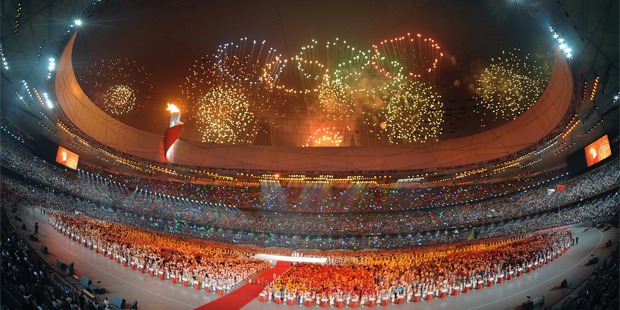
Even with the possibility of COVID-19 still infecting millions by 2021, the International Olympic Committee and host city Tokyo are determined in pushing through with the Quadrennial Summer Olympics. With spending estimated to reach $26 billion, Tokyo hopes to avoid further costs as the games' original schedule was already pushed back a full year. It's quite understandable on the host city's end as the Olympics are very costly, sometimes causing an entire country to go into a recession. Looking back, here are the 10 most expensive Olympic Games in the sporting event's 3,000-year history:
1. 2010 Vancouver Winter Olympics - $2.5 Billion
Although it doesn't quite compare to the long and rich tradition of the Summer Olympics, the Winter Olympics is still one of the most prestigious sporting events in the world. And much like its counterpart, the winter Olympic games are held every four years. The Winter Olympics hasn't stopped host cities from spending big with billions spent on a two-week event.
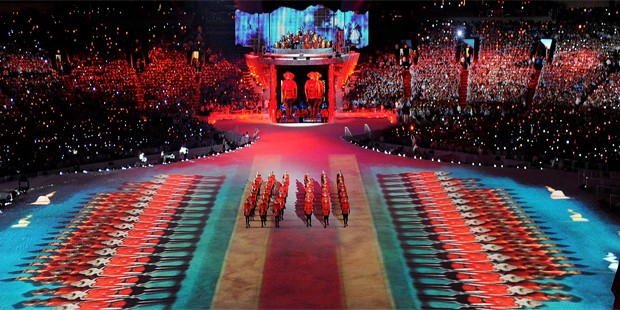
Aside from Sochi in 2014, the 2010 Vancouver Games has outspent every other Winter Olympics in the past, with costs reaching $2.5 billion. The initial budget was set at $1.43 billion but construction costs, including the $440 million BC Place Stadium, forced the Canadian federal government to go over around 13% over budget.
2. 2004 Athens Summer Olympics - $2.9 Billion
Ancient Greece is the birthplace of the original Olympics (8th Century BC), so when it was announced that the Olympics Games would be held in the country's capital in 2004, it was projected to be the biggest event in Olympic games history. Unfortunately, the Athens Games was riddled with corruption with many blaming the event as a major contributor to the country going into a recession in the late 2000s. Costs for the 2020 Athens Olympics also doubled from the budget that was originally set.
3. 1996 Atlanta Summer Olympics - $4.14 Billion
It's always a big show when the US hosts the Olympics, and the 1996 Atlanta Olympics was no different. Despite the country, including the state of Georgia spending 151% over its budget, the summer Olympic games in Atlanta were considered a huge success. The 21-acre Centennial Olympic Park is still being used today and the surrounding area has also been converted into a major business and leisure center.
4. 2006 Turin Winter Olympics - $4.4 Billion
The northern Italian city of Turin has become a major tourist destination after hosting the Winter Olympics in 2006. Budget overran by about 80%, with $3 billion spent on infrastructures such as the Olympic village, hotels, roads, and train lines. Reports have indicated Turin is now the fourth visited city in Italy, only trailing Rome, Venice, and Florence.
5. 2016 Rio Summer Olympics - $4.6 Billion
Fresh from hosting the 2014 FIFA World Cup, many wondered how Brazil, specifically host city Rio, would handle the gargantuan costs of the Olympics. At the closing ceremony, doubts were put to rest as Rio managed to successfully host a highly successful two-week event participated by over 11,000 athletes.
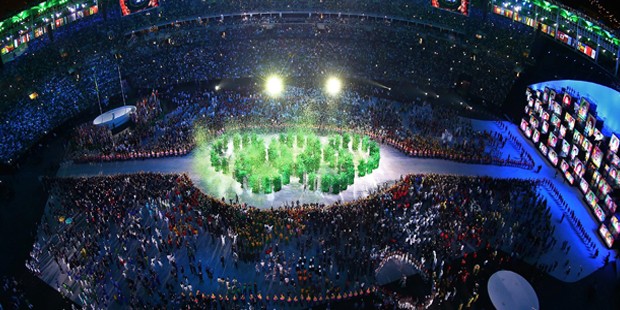
Unfortunately, the issues arose after the 2016 Olympics in which a large population blamed the government for the apparent lack of legacy planning. Some of the issues include the abandonment of several Olympic venues as well as the poor construction of a new metro line that didn't reach the central area of the Olympic Park. In terms of costs, the budget exceeded about 50% with $1.3 billion spent on infrastructure.
6. 2000 Sydney Summer Olympics - $5 Billion
Unlike Rio, Sydney has made use of most of its billion-dollar infrastructure long after hosting the Olympics. Stretching over 6.6 km. near the Sydney Harbour, the Sydney Olympic Park has continued to be the main venue of the country's major sporting events. Australia already made its intent to host the 2028 Summer Olympics, but numerous citizens have already expressed dismay that the costs may even go further than the whopping $5 billion spent on the previous event.
7. 2008 Beijing Summer Olympics - $6.8 Billion
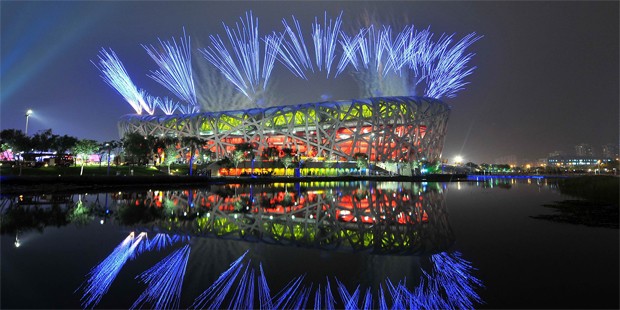
First-time hosts Beijing went all-in in hosting the 2008 Olympics by spending nearly $7 billion, including $423 million for the iconic Bird's Nest Stadium and $100 million for the opening ceremony. The construction of a new airport and additional subway lines, roads, and sporting venues were also estimated by the billions. Despite the huge costs, the event still managed to earn $146 in operating profit and left the Chinese government with essentially zero debt. The 2008 Beijing Olympics will not only be remembered as a major achievement for China but will also be remembered as the games that introduced modern sports heroes such as Usain Bolt and Michael Phelps.
8. 1992 Barcelona Summer Olympics - $9.7 Billion
The 1992 Barcelona Olympics is a tale of two stories. On one hand, the Olympics overhauled Barcelona's infrastructure and transformed the Catalonian capital into a major tourist destination. On the flip side, it left the Spanish government in debt which greatly contributed to the country going into a recession in the mid-1990s. Additionally, from the 127,000 jobs that were created for the Olympics, more than half of that number would be cut right after the games were held. Barcelona has bounced back since then and has even made a bid to host the 2030 Winter Olympics.
9. 2012 London Summer Olympics - $14.9 Billion
Nearly $15 billion was spent on the 2012 London Olympics, costing twice as much as the Beijing Olympics held four years earlier. Around $8 billion was spent on building massive and highly advanced infrastructure including the Queen Elizabeth Olympic Park in East London as well as new train lines and roads. Operational costs also ballooned to $4 billion. Despite the spending spree, London may have won itself a gold medal since $600 million in contingency was reportedly left unused.
10. 2014 Sochi Winter Olympics - $21.9 Billion
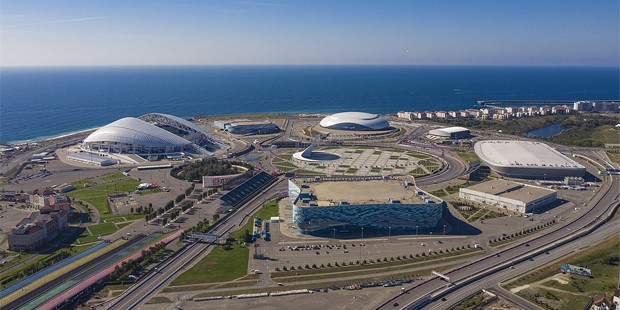
The 2014 Winter Olympics in Sochi, Russia is the most expensive Olympic Games of all time. Budget even exceeded by nearly 300% with staggering costs mostly attributed to the construction of a massive 20.5-hectare Olympic Park. Aside from lavish start-of-the art sporting venues, a theme park was also built inside the Sochi Olympic Village. It would be the first time Russia hosted the Winter Games and it's second overall after the Summer Olympics was held in Moscow in 1980. As expected, issues of corruption and national security dominated headlines, but that didn't stop Sochi from hosting a record 98 games and the event itself also becoming the most viewed Winter Olympics in history.
Preparation for the Tokyo Olympics is in full swing. As the world awaits if games will really be played or not, the event's history should never be forgotten, whether it's the inspiring victories or the costly failures.









